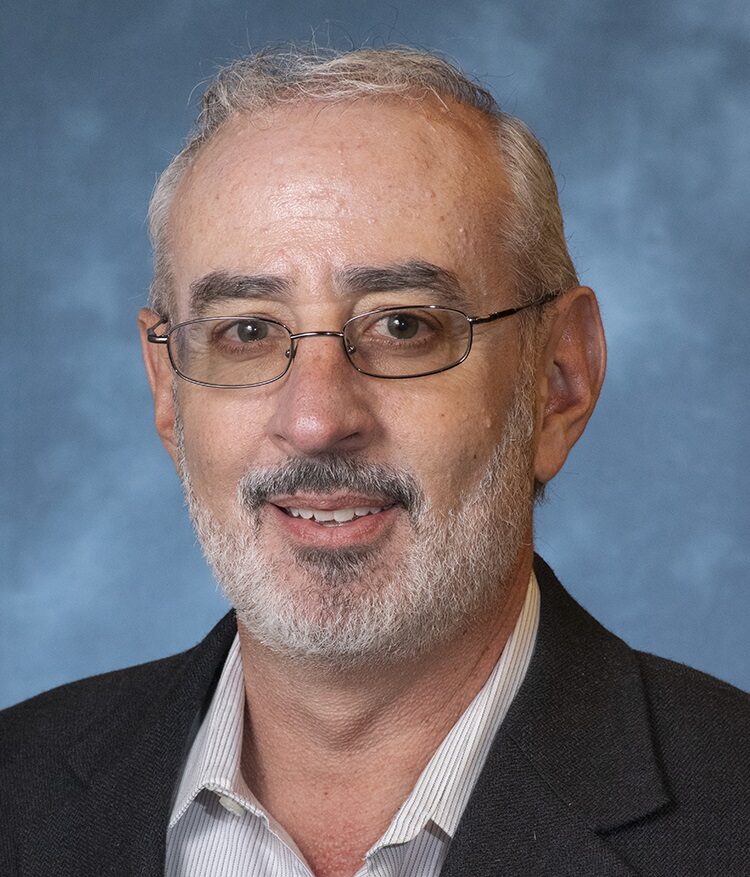Information Hub / Events Continuing Education
The Many Faces of OCD: Understanding and Treating Obsessive-Compulsive Disorder
3:00 PMTuesday, January 21 2025
2:00 PMTuesday, January 21 2025
1:00 PMTuesday, January 21 2025
12:00 PMTuesday, January 21 2025
11:00 AMTuesday, January 21 2025
10:00 AM

Dr. Eric Goodman is a clinical psychologist and anxiety disorders and OCD specialist. He has a practice in San Luis Obispo, California and is a lecturer in the psychology department at California Polytechnic State University. He is author of The Mindful Freak-Out: A rescue manual for being at your best when life is at its worst, Your Anxiety Beast and You: A Compassionate Guide for Living in an Increasingly Anxious World, and Social Courage: Coping and Thriving with the Reality of Social Anxiety.
Obsessive-Compulsive Disorder (OCD) affects 2-3% of the population, and stressful life events like being in foster care can trigger or exacerbate symptoms. For foster parents, managing OCD can be particularly challenging, especially when they unintentionally accommodate behaviors that worsen the condition. This 1.5-hour workshop will explore the diverse ways OCD manifests (beyond contamination fears), the impact of caregiver accommodation, and effective strategies for management using cognitive-behavioral therapy (CBT), acceptance and commitment therapy (ACT), and compassion-focused therapy (CFT).
This course is eligible for 1.5 continuing education credits.
This course is suitable for Psychologists, LMHCs, MFTs, Social Workers, LPCs, and Counselors.
Introductory
12-12:30pm: Understanding Anxiety Through a Compassionate Lens
12:30-1pm: The Many Faces of OCD: Understanding OCD and How Exposure with Response Prevention Helps
1-1:30pm: Helping Loved Ones go from OCD Accommodators to Treatment Helpers
1:30-2pm: Q&A
At the end of the workshop, the participant will be able to:
- List 2-3 interventions for people struggling with OCD.
- Describe at least 2 OCD presentations.
